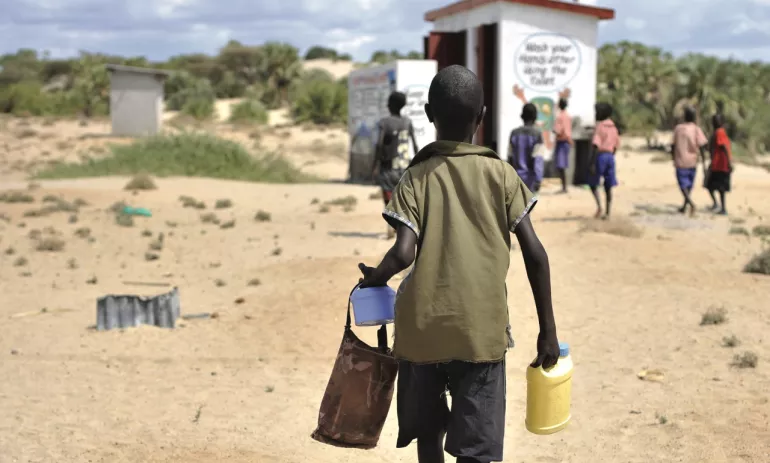Kenya yet to ratify treaty protecting children from international parental abduction, report reveals

As a result, if one parent loses custody of their child to another parent who then travels abroad, Kenyan authorities may be limited in their ability to respond promptly, as the country is not a signatory to the Hague Convention.
Kenya is yet to commit to any protocols regarding international parental child abduction, the latest Annual Report on International Child Abduction reveals.
As a result, if one parent loses custody of their child to another parent who then travels abroad, Kenyan authorities may be limited in their ability to respond promptly, as the country is not a signatory to the Hague Convention.
More To Read
- UN Special Rapporteur condemns disappearance of Kenyan activists in Uganda
- Over 60,000 children killed or maimed in Israel-Palestine conflict: UNICEF
- Murkomen promises government action after Kenyan activists vanish in Uganda
- Mandera chiefs abducted by Al-Shabaab to receive Head of State Commendation
- UNICEF: Childhood obesity in Africa rising, surpassing underweight cases globally
- How much screen time is safe for children?
The Hague Convention of October 25, 1980 on the Civil Aspects of International Child Abduction is an international treaty that provides a civil mechanism for the prompt return of children who have been wrongfully removed from or retained outside their country of habitual residence. It does so by establishing cooperation between contracting parties and a swift process to return the child to their state of habitual residence.
Through the Convention, parents can seek access to their children across international borders.
Kenya’s efforts to ratify the Convention have stalled for two years. Although the Cabinet approved accession to the Convention and submitted it to Parliament in 2023, it remains under review.
According to the report, two abduction cases involving children aged 16 and 18 were received last year. Both were resolved voluntarily between the parents, and the children were returned to the United States.
The Convention, widely regarded as one of the most effective legal tools for the return of abducted children, aims to address the increasing incidence of parental abduction. Such cases typically occur after the separation of parents of different nationalities, often resulting in significant challenges in locating and returning the children.
The treaty offers a framework for resolving custody disputes and breaches when parents live in different countries. It also sets out cooperation procedures to aid in cases involving unaccompanied minors crossing borders—whether they are refugees, asylum seekers, displaced persons, or teenage runaways—helping locate them and determine which country's authorities are responsible for their protection.
Furthermore, it serves as a safeguard for children placed in cross-border alternative care arrangements such as fostering or long-term guardianship that fall short of adoption.
Kenya’s rationale for ratifying the Convention in 2023 included its provisions for the effective international recovery of child support and maintenance, offering greater legal certainty and predictability for maintenance creditors and debtors.
The Convention also governs the cross-border enforcement of judicial decisions relating to child support and other maintenance obligations.
The 2025 Annual Report on International Child Abduction cites 15 countries as showing a pattern of non-compliance: Argentina, The Bahamas, Belize, Brazil, Bulgaria, Ecuador, Egypt, Honduras, India, Jordan, Peru, Poland, the Republic of Korea, Romania, and the United Arab Emirates.
An earlier report on non-compliance noted that 62 per cent of child return requests in Egypt remained unresolved for over 12 months, despite Egypt having signed a Memorandum of Understanding promoting voluntary resolution of abduction cases and enabling consular access to abducted children.
Top Stories Today














































